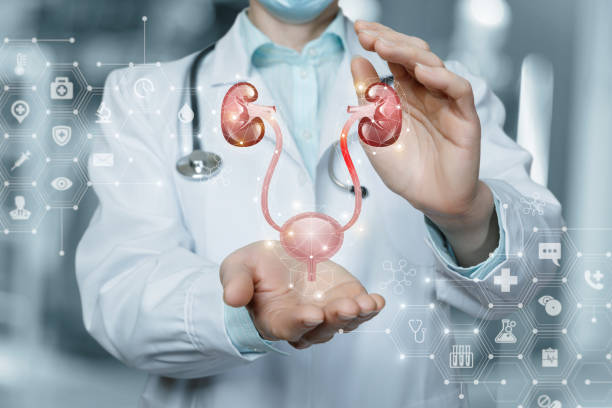Diabetes, Renal Problem, Weight Loss
Don’t Ignore the Warning Signs: Recognizing and Addressing Kidney Damage.
Don’t Ignore the Warning Signs: Recognizing and Addressing Kidney Damage
Our kidneys are silent heroes, tirelessly filtering our blood and removing waste products. But like any hard-working organ, they’re susceptible to damage. The problem is, that kidney damage often doesn’t cause noticeable symptoms until it’s advanced. That’s why it’s crucial to be aware of the warning signs and take action early.

Early Warning Signs of Kidney Damage:
- Changes in urination: This could include decreased urine output, blood in the urine, foamy urine, or needing to urinate more frequently, especially at night.
- Fatigue and weakness: Feeling constantly tired or lacking energy can be a sign that your kidneys aren’t filtering waste products effectively.
- Swollen ankles and feet: Fluid buildup due to impaired kidney function can cause edema, particularly in the lower extremities.
- High blood pressure: Uncontrolled hypertension has the potential to harm the kidneys’ fragile blood vessels.
- Itchy skin: This can be a symptom of built-up waste products in the bloodstream.
- Metallic taste in mouth: Changes in taste perception can occur with kidney problems.
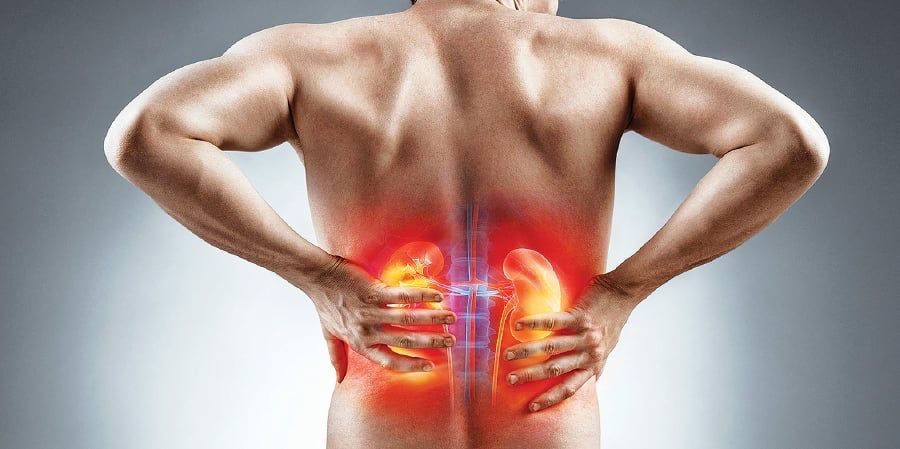
Causes of Kidney Damage:
- Diabetes: Over time, renal damage might result from high blood sugar levels.
- High blood pressure: Chronically elevated blood pressure can strain the kidneys.
- Glomerulonephritis: This is an irritation of the kidneys’ small filters.
- Polycystic kidney disease: This is a genetic condition that causes cysts to grow on the kidneys.
- Urinary tract infections (UTIs): Repeated UTIs can increase the risk of kidney damage.
- Certain medications: Some over-the-counter and prescription drugs can be harmful to the kidneys.
- Toxins: Exposure to certain toxins, such as lead or mercury, can damage the kidneys.
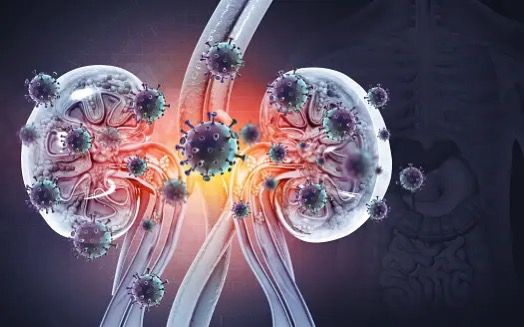
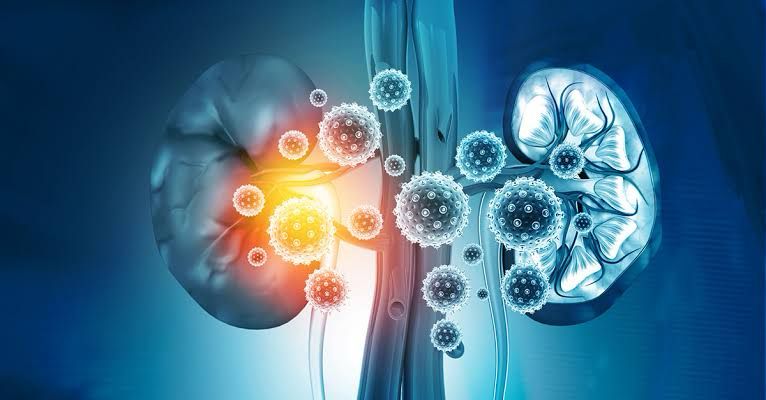
What to Do if You Notice Warning Signs:
If you experience any of the warning signs of kidney damage, it’s important to see a doctor right away. Early diagnosis and treatment can help prevent further damage and improve your long-term kidney health.
Protecting Your Kidneys:
- Maintain a healthy weight: Obesity is a risk factor for kidney disease.
- Control your blood sugar and blood pressure: These two factors are major contributors to kidney damage.
- Stay hydrated: Drinking plenty of water helps flush toxins out of your kidneys.
- Eat a healthy diet: Limit processed foods, sugary drinks, and red meat, and focus on fruits, vegetables, and whole grains.
- Don’t smoke: Smoking can damage your kidneys and blood vessels.
- Limit alcohol intake: Drinking too much alcohol might damage your kidneys.
- Get regular checkups: Your doctor can monitor your kidney function and screen for any potential problems.
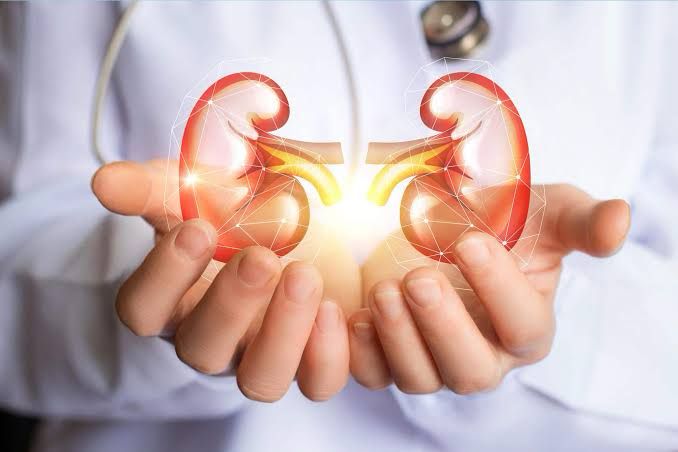
Ayurvedic Solution
- Punarnava: This herb has diuretic properties and is believed to support kidney function.
- Gokhru: This herb is considered a natural tonic for the urinary tract and kidneys.
- Varuna: This herb has anti-inflammatory properties and is used for urinary tract infections.
- Triphala: This combination of three fruits (Amalaki, Bibhitaki, Haritaki) is considered a general tonic and may support overall health, including kidney function.
- Light, easily digestible meals: Avoid processed foods, red meat, and excessive salt and sugar.
- Hydration: Adequate water intake is crucial for flushing toxins and supporting kidney function.
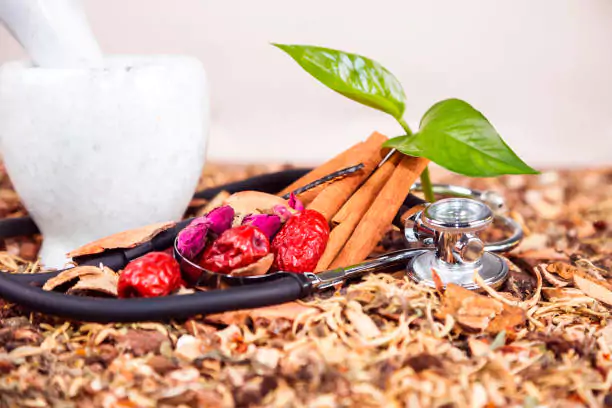
Remember, your kidneys are vital organs. By being aware of the warning signs of kidney damage and taking steps to protect your kidney health, you can help ensure these silent heroes continue to work their magic for years to come.
I hope you found this blog article to be useful and educational. Please share it with your friends and family to raise awareness about kidney health.


